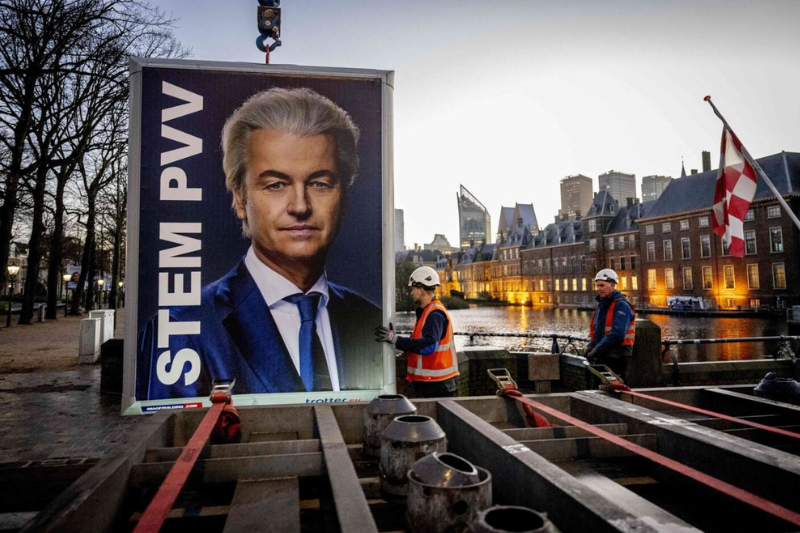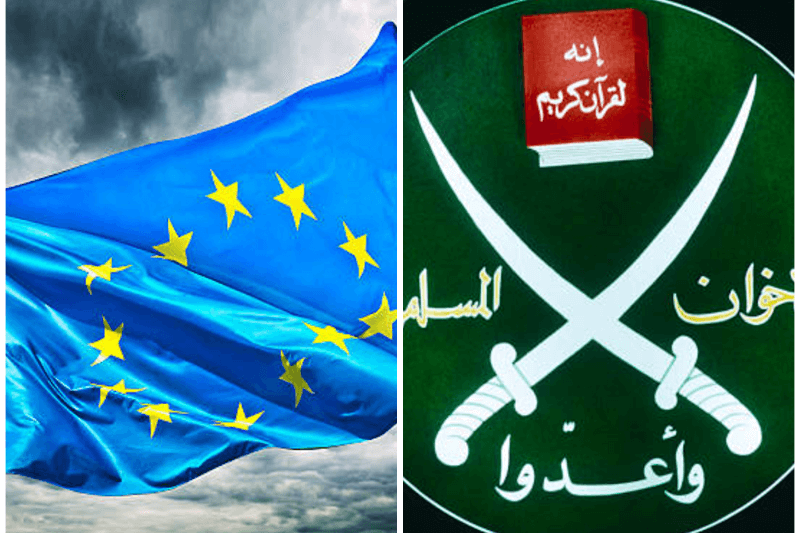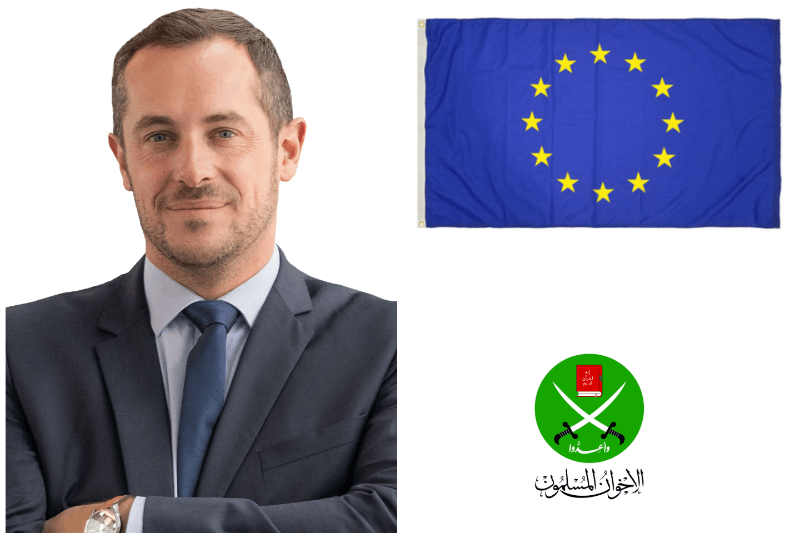
Europe in Flux: The Impact of Dutch Far-Right Triumph
Dutch Elections Upend European Dynamics: Unraveling the Surge of the Far Right
In a surprising turn of events, the Dutch far-right, led by Geert Wilders’s Party for Freedom (PVV), has clinched an unprecedented victory, securing 23.5 percent of the vote and 37 seats in the Tweede Kamer. But what lies behind this surge in support? The downfall of Prime Minister Mark Rutte’s government in July centered around migration issues and set the stage for Wilders’s PVV to capitalize on voter sentiment. A nuanced approach emerged as Rutte’s successor, Dilan Yesilgoz, strategically embraced migration as a campaign focal point. Wilders, often known for his fiery rhetoric, promptly shifted to a more tempered stance—prompting media outlets to dub him “Milders”—signaling a viable choice for voters this time.
Questions loom over the PVV’s potential to form a coalition government and the policies Wilders might pursue as prime minister. The road ahead is fraught with challenges, given the reluctance of potential coalition partners—such as the center-right VVD and the New Social Contract (NSC)—to tolerate certain PVV positions that clash with Dutch constitutional values, such as the closure of mosques. Yesilgoz’s party has expressed openness to offering ad hoc support for a minority government but rejects direct collaboration with Wilders.
Should a PVV-led government materialize, parallels with right-wing Italian Prime Minister Giorgia Meloni may emerge, where radical propositions are scaled back in favor of more moderate, center-right policies. However, on immigration and law and order, a Wilders government could adopt a more stringent stance. Climate policy may see shifts favoring farmers and a slowdown in carbon reduction targets, impacting the transition to a net-zero carbon emission world.
The implications of a PVV government extend beyond Dutch borders, echoing Hungary’s Viktor Orban’s congratulatory message to Wilders. A growing alliance among right-wing leaders in the EU signals a potential shift in the bloc’s migration policy toward a more conservative stance. Climate policy ambitions may face setbacks, and economic policy could take a stricter approach to debt and deficits, affecting EU plans for defense spending and renewable energy investments.
Keep Reading
The Dutch election outcome reflects a broader trend in Europe, where far-right parties are gaining ground. In Poland, the Law and Justice Party (PiS) maintains dominance, and France’s National Rally, Germany’s Alternative for Germany (AfD), and Belgium’s Flemish Interest party show significant traction. The center-left social democrats and Green parties face waning support, while center-right parties increasingly adopt far-right rhetoric. This growing polarization challenges the prospect of stable coalitions in the European Parliament, with potential repercussions for the European Commission’s composition.
As right-wing parties outperform polls across Europe, EU officials in Brussels anticipate a challenging landscape ahead. The shifting dynamics may complicate efforts to address pressing issues, from migration to climate policy, and usher in a new era of uncertainty for the European Union.




